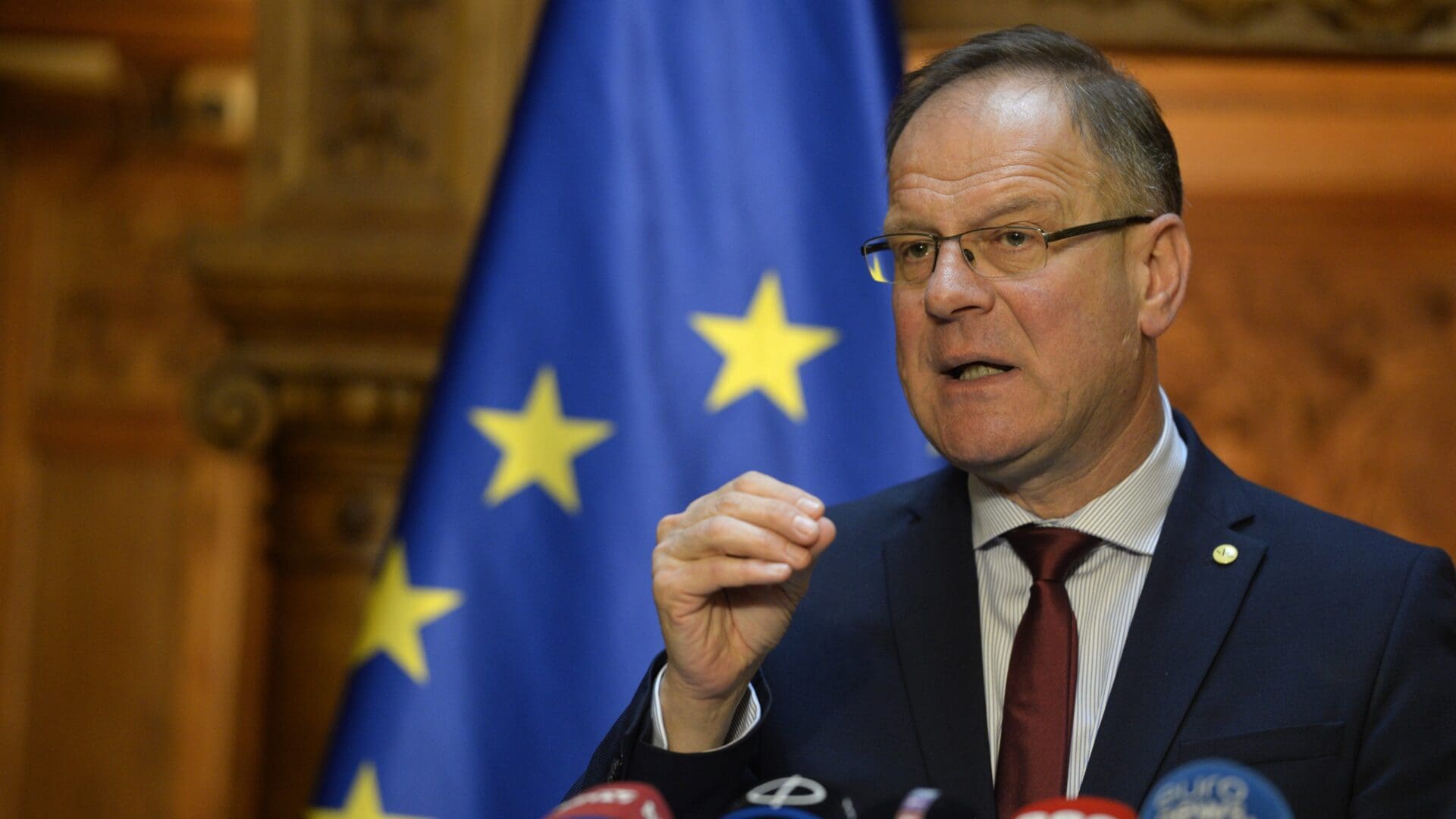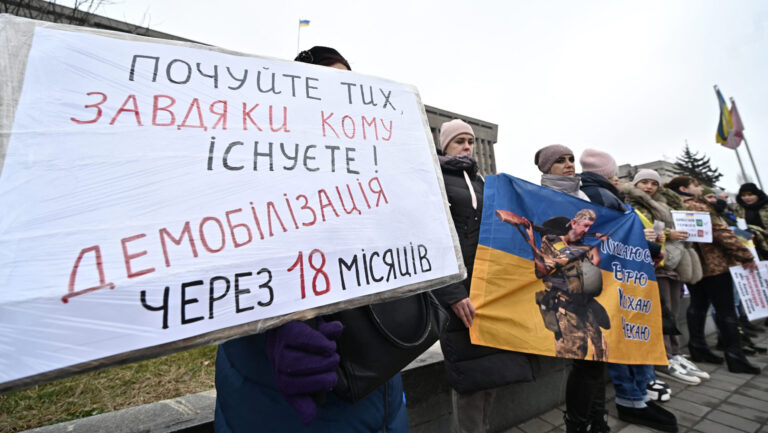Speaking with the press, Hungary’s Minister for Regional Development and EU Funds Tibor Navracsics referred to his Wednesday meeting with the delegation of the European Parliament’s Budgetary Control Committee as a factual and mutually understanding conversation. The minister expressed hope that the delegation was able to convince some members of the committee on certain issues, thus gaining long-term support for Hungary’s access to European Union funds.
Still according to the minister, representatives presented the delegation with the regulations and fundamental aspects of the spending of EU funds, followed by questions from the committee members. However, Navracsics noted that it was apparent that the members of the delegation had not read the background materials sent to them in advance
for more detailed information. Also, in some cases, the opinion of certain representatives was heavily influenced by political biases, resulting in occasional factual errors during their questioning.
He went on to state that accusations were made by the EP Committee that the Hungarian government is politically biased in its distribution of EU funds. Based on the questions raised,
the EU seems to be concerned that ‘Budapest feels offended,’ with Mayor Karácsony believing that the national government treats them unfairly.
The Hungarian delegation had to clarify that this is not a matter of party politics, but rather a matter of wealthier municipalities doing their parts for the development of poorer municipalities. The minister stressed that this does not only apply to Budapest but also to other ‘prosperous cities’ such as Debrecen, Győr, Székesfehérvár, and Veszprém, all of which have Fidesz leadership. He went on to say:
‘The goal is to provide greater financial assistance, in these hard economic times, to regions that do not even reach half of the European Union average, or are just around half the EU average’.
Regarding public procurement procedures, the delegation was informed that the Hungarian government has committed, during negotiations with the European Commission, to reduce the proportion of single-bidder public procurements to the EU average, which is 15 per cent. This has already been achieved in investments funded by EU money—Hungary is even below the EU average in this area. As for public procurements financed by national development funds, the government is very close to reaching this goal, and the proportion of single-bidder procurements is dynamically decreasing.
About Hungary on Twitter: “Tibor Navracsics said on Tuesday that Hungary is making efforts to reach an agreement with the European Commission on all issues that prevent drawing down funds from the European Union’s Recovery and Resilience Facility. https://t.co/WV3BaQa3Th / Twitter”
Tibor Navracsics said on Tuesday that Hungary is making efforts to reach an agreement with the European Commission on all issues that prevent drawing down funds from the European Union’s Recovery and Resilience Facility. https://t.co/WV3BaQa3Th
When asked, Navracsics expressed his belief that the representatives were able to at least nuance the committee’s position and previously formed opinions on several issues. ‘I dare to say that perhaps in some areas, we were able to convince them with data and facts, and as a result, I rather trust that we have gained a supporter in our long fight for accessing EU funds,’ he stated.
However, he also explained that
he is ‘moderately optimistic’ regarding the delegation’s visit and does not believe that there will be a favourable overall opinion.
The minister would like the verity of the data provided by the Hungarian government to be either accepted or refuted on a factual basis in relevant questioning. Regarding the European Commission’s earlier opinion on the selection of board members for public asset management foundations, Tibor Navracsics stated that the Council’s decision in December last year expressed concern that high-level political decision-makers are involved in these foundations. As a result, the selection of these high-ranking personnel was also included in the negotiations. According to the minister, there are two endpoints to the solution in this matter: the current system, where the board invites its new members; and the other extreme, where an open tender is announced for new memberships. The negotiations will likely end in a compromise between the two extremes.
There is an agreement that members of the National Assembly, for example, would be barred from taking leadership positions in the foundations, but it is not yet clear whether a Member of the European Parliament or a mayor would not be eligible either, he added.
Similarly, in response to a question, he stated that the Erasmus issue was not discussed with the delegation this time, but he did discuss it on Tuesday in Brussels, where he committed to sending the government’s negotiating position to the European Commission next week. He also explained that there is an attempt to reach an agreement on this topic as soon as possible.








